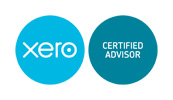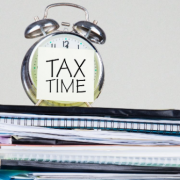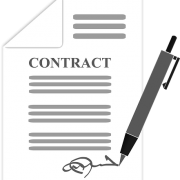Covid-19 update – 14.04.20
Well it continues to be an interesting time we are working our way through. The great news is that the Covid-19 lockdown appears to be having a positive effect by controlling the spread of this illness.
While all the signs are good we still have a long way to go, firstly to get through the immediate crisis and then a very long road to economic recovery. We are expecting some of the lockdown restrictions to be eased but not expecting them to be lifted totally for a few months yet.
Today’s Government Announcement re Level 3
The Government has announced general conditions for operating under Level 3 restrictions when they do drop the Covid Threat Level from Level 4 to Level 3.
It appears there will still be strict restrictions on who can open for business and how those businesses operate. The key point is the social distancing 2 meter ‘bubble’ must be retained. We’re uncertain how this will effect Savage & Savage and whether or not we are able to operate from our offices. We are expecting to not be able to operate from the office however we do want to get back as soon as we can and will be seeing if the detail in Level 3 lockdown rules allow us to. Watch this space.
Planning
With that in mind business owners need to start thinking about what their business is going to look like post Covid-19. Some of the things to consider are when will your business be able to be up and running again? Will your business clients still be in business? How will your general customer base have changed? What will your cash flow look like for the next two years? How many staff will you need? What is your tax liability for the next two years? And many other things.
There are many things to consider and every business owner is going to have to do some serious thinking and planning. We can help you with your cashflow forecasting for the next few years so we are happy to offer our clients an hour of time from either Anna or Libby, at no charge, to discuss what you need to think about when preparing a cashflow. If you’d like us to prepare your cashflow for you we will give you an hours’ free time when preparing it.
Recent tax changes announced
The Government has announced some changes to various taxes and payments, in particular tax carry back changes (tax losses carried forward). When we get exact details about the implementation of these changes we will share those with you but in the meantime you will need to do some panning, both for your cashflow and future tax purposes.
So we can accurately estimate your future tax liabilities it’s important we have the most up-to-date information as possible so please don’t delay sending your annual accounts information to us. By having your tax position for 2020 established we can then look at forecasting 2021 for the loss carry back if you have one. The tax relief measures will be easier to use if books are up to date.
Attached is a factsheet from the Beehive – Supporting small and medium sized enterprises during the COVID-19 crisis. This is a summary of the latest support measures being rolled out by the government.
Annual Accounts
We operate on a first in – first out basis unless there are urgent business needs like refinancing business sale etc so the sooner you get your information to us the sooner we can get your annual accounts finished.
Tax payment relief
When it comes to IRD payment arrangements your tax position needs to be established first, this goes for all tax types. It’s better to get in contact with us to request an IRD payment arrangement rather than just not paying – even though IRD will be lenient and write off interest and penalties it is much better to have a formal arrangement in place.
Payment of our invoices
We understand these are difficult times financially for many businesses and we don’t want this to be a barrier to us doing work for you so if you would like to make an arrangement to pay your account with us over a period of time please contact Neil at neil@savage.co.nz . We want to make sure we help all of our clients as much as we can.
Please continue to think about your safety if you are out and about.
We’re working on how we will operate under Covid-19 Level 3 restrictions when they come into place, hopefully in the not too distant future.









